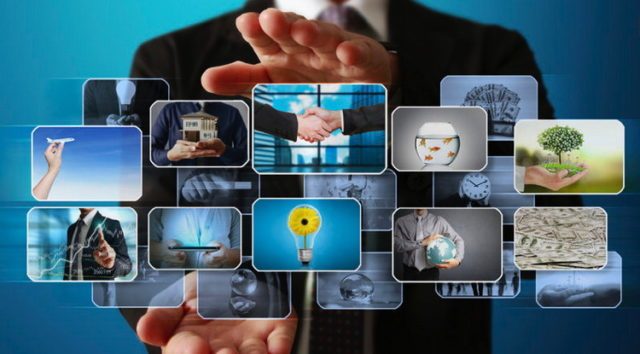What will be the daily life and the industries in the future? An analysis of the firm EY describes how emerging technologies and demographic changes will reinvent the daily lives of human beings.
The works, the form of consumption and the regulation of the societies are part of what is indicated in the study called “Latin American Megatrends: Beyond Disruption”. The report examines the latest trends in human improvement (technology), populism (globalization) and accelerated aging (demography). These dynamics originate the “megatrends” that will have a significant impact in Latin America.

“It is a fact that artificial intelligence, robotics or autonomous vehicles will affect the culture of work. Moreover, we already see several operative works that have been replaced by machines. But this does not mean that we will dispense with human resources”, said Mario Morales, director of Strategy and Innovation.
Top-10 megatrends:
- Redefined industry. The barriers between industries and segments are disappearing with digital innovation and other forces. It will increase the purchase of companies to enter new segments in order to address new markets.
- Future of work. Robots and artificial intelligence have come to permeate the workplace. The analysis includes the technological, demographic, social contracts and public sector, leadership, learning, and education aspects.
- Super consumer. The empowerment of the super consumer is different, people become passive because computers make decisions for them. They will communicate with markets, companies, and governments in a different environment than today through digital virtual assistants.
- Behavior design. Humans are predisposed to new technologies because they generate risks. However, there are cognitive biases that lead us to overestimate their threats.
- Adaptive regulation. Possibly never reach a point where artificial intelligence can write or modify regulations autonomously, but if it is possible to imagine algorithms that analyze data and identify some insights. This process must occur in an open manner, in real time and be dynamic.
- Reassigning the urban areas. Cities are being redesigned for the challenges of sustainability and changes in transportation. It is vital to consider future environmental sustainability and transport with shared travel platforms, autonomous and electric vehicles.
- Innovative communities. Cities have limits such as bad weather conditions, scarcity of resources, pollution, and high real estate costs. This causes young people and businesses to choose to look for cheaper places and thus reduce the pressure on mega-cities.
- Reinvented health. The aging of populations and increasingly sedentary lifestyles have put the costs in a complicated path, which should provide personalized attention and low cost on a large scale.
- Tailor-made food. The food industry is experiencing the currents of disruption, focusing on developing engineered proteins, using biotechnology and digitally driving smart and vertical farms, which are sustainable and generate higher yields in less space.
- Molecular economy. The ability to manipulate what you want is increasing. Integrated research, through disciplines that include biology, computer science, electronics, mathematics, physics, and chemistry, indicates that nanotechnology is entering its disruptive phase.
And what do you think about these megatrends? Are you ready for those changes?

